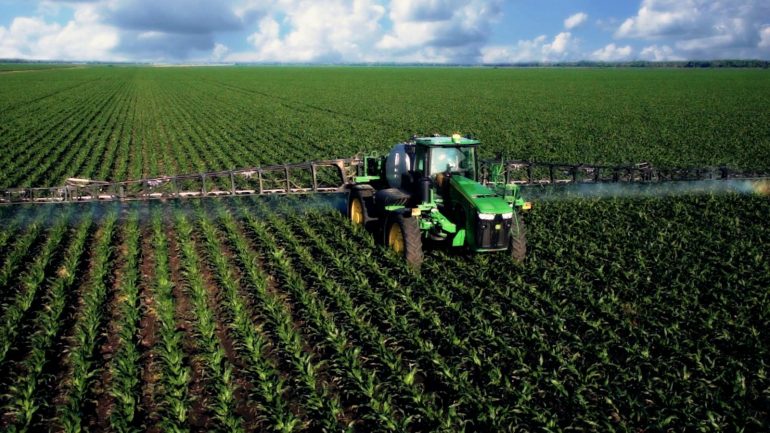The Commission, in particular Commissioner for Agriculture Phil Hogan, announced today a program to support farmers affected by the drought, which will allow farmers to receive their direct payments and rural development in advance and will be given more flexibility. the use of land that would not normally be used for production in order to feed their animals.
According to the Commission, the continuing and prolonged drought situation in many EU countries has a significant impact on the production of arable crops as well as animal feed, which could also have an impact on animal welfare, while The level of feed has a particular impact on farmers' incomes, as this will increase the cost of their inputs if there is a shortage of fodder later in the year.
Agriculture Commissioner Hogan said he was "very concerned about the long-term climate change." "I have contacted various Ministers from the affected countries to discuss the situation and learn about its effects," he said, adding that "the Commission is ready, as always, to support farmers affected by the drought." using various means, including higher advances, derogations from environmental requirements and state aid ”.
"The common agricultural policy already provides a safety net for farmers facing unforeseen events and I encourage all Member States to consider all possible actions and measures provided for in our legislation," he concluded.
In detail, within the framework of the CAP legislation, two decisions were taken:
- Higher promotional payments: Farmers will be able to receive up to 70% of their direct payment and 85% of rural development payments as early as mid-October 2018 instead of waiting until December to improve their cash status their flows.
Derogations from specific ecodesign requirements, ie crop diversification and eco-catering rules for set-aside areas, to allow the use of these lands for feed production. The adoption of further derogations from greenery is also being considered, in order to give farmers more flexibility in feed production. These measures will be of particular benefit to farmers.
The Commission states that under current state aid rules for agriculture, up to 80% of drought damage (or up to 90% in areas of natural limitation) can be granted aid under certain conditions. The feed market can be supported either as a material loss or as a loss of income.
Compensation for damages can also be granted without the need for notification (the so-called "de minimis aid"). Member States may grant aid of up to EUR 15 000 per farmer over a period of three years.
With regard to rural development, the Commission recalls that when a Member State recognizes a drought situation as a "natural disaster", it can provide up to 100% support for the rehabilitation of drought-stricken agricultural potential. The money can be used for investments such as re-seeding pastures, for example. This measure can be activated retroactively.
Farmers can inform the relevant national authorities of exceptional circumstances and may be released by their Member State from their commitments under various schemes.
In addition, Member States can support farmers through risk management tools. For example, they can contribute financially to mutual funds to pay monetary compensation to affected farmers. Farmers who face a loss of income of more than 30% of their average annual income will also receive financial compensation, the commission said.
Member States have the option of modifying their rural development program once a year to include one of the above measures, the Commission recalls.
In addition to these measures and the ongoing monitoring of the drought situation and its effects on European satellites, the Commission is in contact with all Member States to receive up-to-date information on the effects of spring and summer drought on their farmers. .
